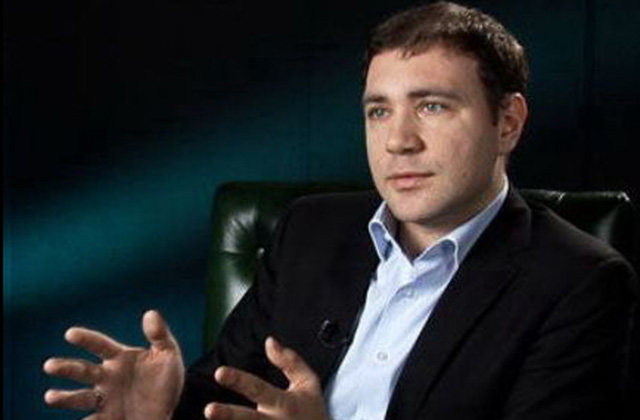“Closure of OSCE Yerevan Office is the personal caprice of the ruling family in Baku”

Interview with Denis Dvornikov, member of Russian Association of International Law, PhD in Legal Sciences.
Mr. Dvornikov, OSCE Yerevan Office is being closed by Baku’s demand, as decisions in that organization are adopted through consensus. Earlier, in 2014 OSCE Office in Baku was closed due to issues between the West and Azerbaijan linked to the democratic condition in the country. How would you comment on this situation? What after-effects it may have?
Firstly, it’s a blow to the image of OSCE. Compared with its eastern neighbor, Armenia is a democratic state, where freedom of speech, referendums is respected. I also wouldn’t exclude the hypothesis that such a decision was made not without certain direct or indirect material reward to people, instigating that unperceptive decision. On the one hand, Armenia needn’t worry much in this regard, as this country lived for millennia without OSCE Office. On the other hand, I said long ago that diplomatic work should be activated and reviewed. Tougher actions should be taken, new and talented cadres should be chosen for international activity and not simply shift diplomats, who failed their mission.
Some Armenian political scientists consider Russia instigated Azerbaijan to this step, which is generally discontent with the work of both MG and the entire organization, although it’s a MG member. Is that possible?
OSCE isn’t among the organizations, causing excitation in Russia. Just the contrary, MG today is the only platform, where Russia and the West have mutual understanding. And I don’t consider that Moscow may destroy that opportunity of connection. Thus, I disagree with some political scientists. I consider it’s the personal caprice of the ruling family in Baku, moreover, of its female part.
Azerbaijan prevents the activity of OSCE Yerevan Office also for the reason that it doesn’t intend to implement agreements reached in Vienna, in particular, installation of investigative mechanisms on the contact line and in that issue Russia influences on Azerbaijan in a shadowed manner. And although Russia doesn’t speak of it, that issue was eliminated from the negotiation agenda in St. Petersburg. Is Russia against installation of those mechanisms?
New escalation both on the Artsakh-Azerbaijan and Armenia-Azerbaijan borders isn’t beneficial to Russia. However, we should remember, that Russian officials and politicians are under cross-fire of Azerbaijani lobbyists. Besides it, mechanisms functioning in the tramway are used in international policy as well: who is more stubborn and shameless, he/she sits next to the window. The one persistently striving to reach implementation of his/her claims, he/she is heard.
The US called on OSCE leadership and Secretary General to find new ways to keep presence in Armenia and in the South Caucasus. Do you observe such an opportunity?
It’s more probable that OSCE will activate its work in Georgia. It’s the most obvious exit under current state of affairs.
Azerbaijan-Turkey joint military exercises have been launched in the territory of Azerbaijan May 1-5. Do you consider provocations on the contact line by Azerbaijan possible?
Everything may be expected from Turkey and Azerbaijan, moreover—the unexpected.
By Gayane Khachatryan

























